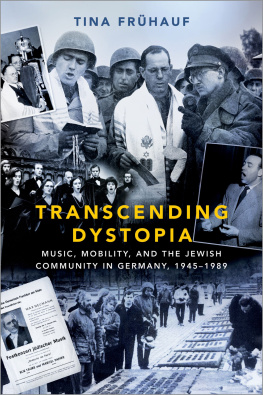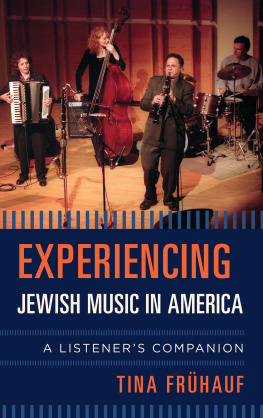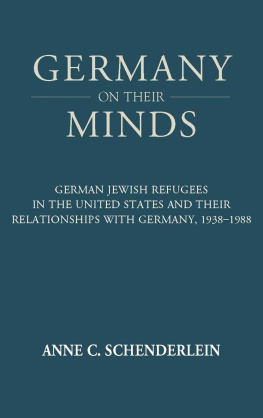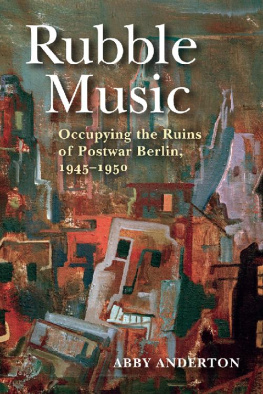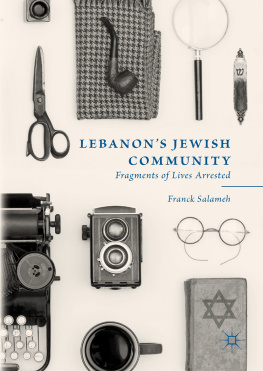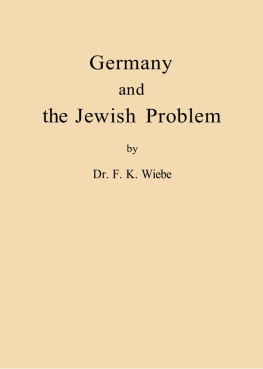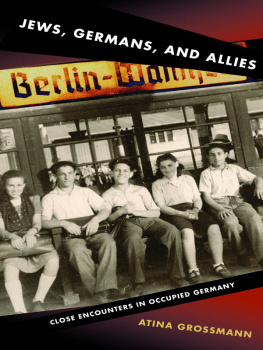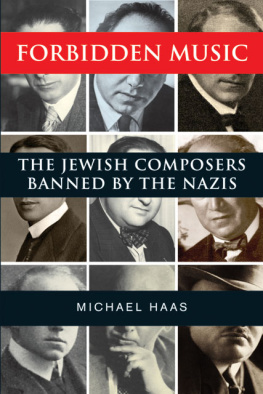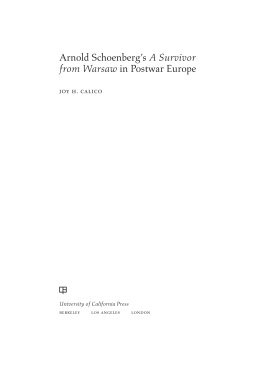Transcending Dystopia

Oxford University Press is a department of the University of Oxford. It furthers the Universitys objective of excellence in research, scholarship, and education by publishing worldwide. Oxford is a registered trade mark of Oxford University Press in the UK and certain other countries.
Published in the United States of America by Oxford University Press
198 Madison Avenue, New York, NY 10016, United States of America.
Oxford University Press 2021
All rights reserved. No part of this publication may be reproduced, stored in a retrieval system, or transmitted, in any form or by any means, without the prior permission in writing of Oxford University Press, or as expressly permitted by law, by license, or under terms agreed with the appropriate reproduction rights organization. Inquiries concerning reproduction outside the scope of the above should be sent to the Rights Department, Oxford University Press, at the address above.
You must not circulate this work in any other form and you must impose this same condition on any acquirer.
Library of Congress Cataloging-in-Publication Data
Names: Frhauf, Tina, author.
Title: Transcending dystopia : music, mobility, and the Jewish community
in Germany, 1945-1989 / Tina Frhauf.
Description: New York : Oxford University Press, 2021. |
Includes bibliographical references and index.
Identifiers: LCCN 2020022207 (print) | LCCN 2020022208 (ebook) |
ISBN 9780197532973 (hardback) | ISBN 9780197532997 (epub) |
ISBN 9780197533000 (digital online) | 9780197532980 (updf)
Subjects: LCSH: JewsGermanyMusicHistory and criticism. |
MusicGermany20th centuryHistory and criticism.
Classification: LCC ML3776 .F89 2020 (print) | LCC ML3776 (ebook) |
DDC 780.89/92404309045dc23
LC record available at https://lccn.loc.gov/2020022207
LC ebook record available at https://lccn.loc.gov/2020022208
DOI: 10.1093/oso/9780197532973.001.0001
You hauled the rubbleyou paved the way
To Pauline Rother Bienick (19092003)
For your sagacity and faith
Contents
This book could not have been completed without the generous support of institutions and individuals to whom I would like to express my warmest gratitude. First and foremost I wish to thank the many informants and witnesses who enriched the content of this book and who generously shared with me their time and insights: David Clark, Udo Deiries, Jochen Fahlenkamp, Barbara Grimmer, Oljean Ingster, Helmut Klotz, Kurt Messerschmidt, Thomas Pammler, Ursula Philipp-Drescher, Jalda Rebling, Reinhard Riedel, Siegmund Rotstein, Eliyahu Schleifer, Guido Shamir, Chaim Storosum, Marcel Wainstock, Anne Weiss, and Bret Werb, as well as Kathryn Luzader and the Kelleher family in Melrose, Massachusetts, for sharing the estate of Adolf Schwersenz.
Research and writing have been financially supported by the AMS Janet Levy Fund for Independent Scholars, the Memorial Foundation for Jewish Culture, and the Leo Baeck Institutes Gerald Westheimer Career Development Fellowship. Having such support means the world to any independent scholar lacking a sabbatical and being ineligible for many fellowships. Therefore, I am also most grateful to the Verein der Freunde und Frderer des Synagogal Ensemble Berlin and the Handelsverband Berlin-Brandenburg for supporting the very final stage of this book, its production. As the hosts and supporters of the Louis Lewandowski Festival, an annual international festival in Berlin-Brandenburg with focus on Jewish choral and synagogue music, they ensure the performance of musical traditions, many of which are at the heart of this volume.
The various kinds of research could not have been completed without the many archivists and librarians who assisted me. The materials they allowed me to access have made this a truly original volume that brings to light new information, facts, and sources that are significant, not only to the study of music, but also to Cold War studies, cultural history, German studies, Holocaust studies, and Jewish studies. I would like to extend my deep appreciation to Peter Honigmann, Eva Blattner, and Elijahu Tarantul for making my time at the Zentralarchiv der Juden in Deutschland (Heidelberg) so very memorable. Special thanks also go to Werner Grnzweig (Akademie der Knste, Berlin), Thomas Andrey Hirth (Archiv der Jdischen Gemeinde zu Dresden), Klaudia Krenn (Archiv der Israelitischen Religionsgemeinde zu Leipzig), Zachary Loeb and Melanie Meyers (Leo Baeck Institute Archives, New York), Aubrey Pomerance (Archiv des Jdischen Museums Berlin), and Hermann Simon and Barbara Welker (Archiv der Stiftung Neue Synagoge BerlinCentrum Judaicum).
I am indebted to the Leipziger Synagogalchor for sharing with me materials and insights, and for hosting me in Leipzig. Very special thanks go to Franziska Menzel who went out of her way to help me with my research and for reading parts of the book and providing valuable feedback.
My research home base was Berlin, where I spent memorable times thanks to my dear friends who aided me in various capacities, with great generosity, and without whom this journey would not have been as special: Nils Busch-Petersen, Jrg Sandmann, Lisa Scho, Regina Yantian, and Cem Yurtsever. During the very last stage of completing this book, the Hochschule fr Musik und Theater in Munich became a second home base for additional research and writing. My gratitude extends to my colleagues Claus Bockmaier and Markus Bellheim for facilitating the DAAD guest professorship and for providing a supportive and collegial framework for my stay.
My heartfelt thanks go also to my colleagues in the United States, who listened, advised, and supported me during the various stages of research and the years of writing the book: Zdravko Blaekovi, Joy Calico, Sabine Feisst, and Mark Slobin. I wish to extend my innermost gratitude to Pryor Dodge for his emotional, intellectual, and logistical support of all my endeavors. His invaluable advice on the visual aspects of this volume, especially the cover art, and help with photo editing has, for sure, enriched this book.
And lastly, I am thankful to Oxford University Press and the anonymous reviewers they engaged to respond to the volume. Their valuable criticism has unquestionably improved the book. The editors at Oxford University Press have shaped the volume in significant ways, first and foremost Suzanne Ryan. I would also like to recognize Norman Hirschy and Mary Horn for their eloquent guidance before and during production, and Tim Rutherford-Johnson for his thorough copyediting.
The book is dedicated to my grandmother Pauline Bienick (ne Rother) for her lightness about fatean equanimity that borders nobility but comes with no pride.
Schweigen ist Ende, Schweigen ist Tod,
Stille aber ist sanftes Gleiten,
Stille is Atmen, ist ruhiges Schreiten
Durch alle Trume der Not.
Being silent is final, being silent is death,
But quiet is gentle gliding,
Quiet is breathing, it is calm striding
Through all the dreams of need.
Leo Menter, Der TonFr Arno Nadel, Der Weg 1, no. 18 (1946): 1
The destruction of Jewish culture in Nazi Germany was a gradual process conducted in five successive phases that began with a series of highly publicized acts to ostracize prominent Jewish figures and their friends through defamation, boycott, and cultural ghettoization between 1933 and 1935; the legal dismemberment and dissimilation between 1935 and 1938, and the elimination of the economic basis of existence through bureaucratic exclusion of all Jews; the total disenfranchisement between 1939 and 1941; and the Final Solution, the Nazis plan to annihilate and exterminate the Jewish people, between 1941 and 1945.

